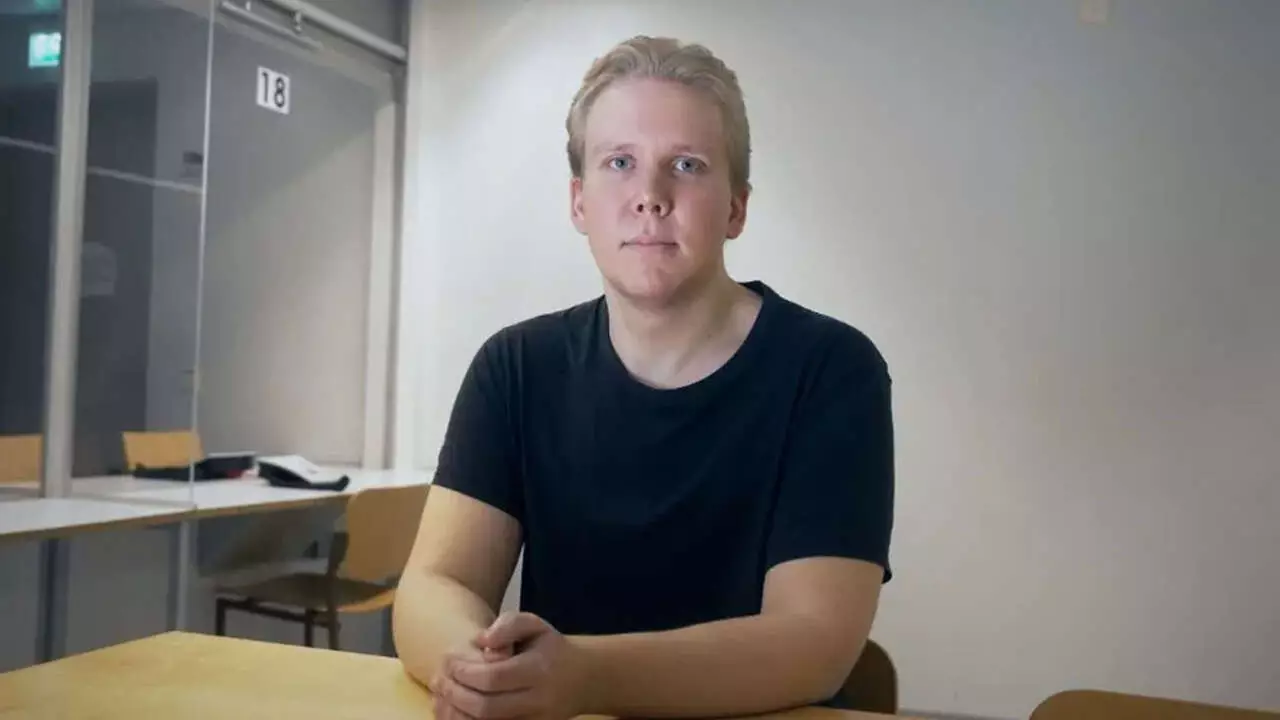In the ever-evolving landscape of cybersecurity, few events have left a lasting impression quite like the 2014 Christmas Day attacks orchestrated by the notorious hacking collective known as Lizard Squad. This group not only showcased the vulnerabilities inherent in major online gaming platforms such as PlayStation Network and Xbox Live but also instigated a cultural dialogue about the dangers posed by cyber warfare. The audacity of Lizard Squad’s antics turned them into both pariahs and idols within the hacker community, igniting discussions around ethics, legality, and the implications of youth involvement in high-stakes cybercrime.
A Controversial Figure: Julius Kivimaki
At the heart of Lizard Squad’s notoriety stands Julius Kivimaki—now renaming himself Aleksanteri Kivimaki—who is uniquely positioned as one of the youngest figures in the cyber underworld. With an extensive portfolio of cybercriminal behavior that began at the tender age of 15, Kivimaki’s name is synonymous with some of the industry’s boldest infractions, including high-profile hacks against public figures like Elon Musk. The hacker’s blatant lack of remorse makes him a captivating subject for Max’s upcoming four-part documentary series, *Most Wanted: Teen Hacker*. His dismissive attitude towards past actions speaks volumes about the disconnection some young hackers feel from the real-world consequences of their digital escapades.
The Catastrophic Impact of Cyber Crime
The documentary trailer features chilling accounts of Kivimaki’s exploits, including a harrowing SWATing incident involving an FBI agent’s family, and a bomb threat that diverted a domestic flight carrying Sony Online Entertainment’s president. These actions go beyond mere hacking; they illustrate the physical dangers rooted in digital mischief. The ramifications extend to countless victims, both direct and collateral, encompassing not just tech companies but the broader public who rely on these platforms for entertainment and communication. Kivimaki’s trajectory provides a case study in the far-reaching consequences of hacking, one that isn’t confined to network shutdowns but enters the realms of fear and disruption.
Consequences and Accountability
For years, Kivimaki skirted serious repercussions for his multitude of crimes, with the justice system initially treating him with leniency due to his age. However, the landscape of accountability shifted dramatically in 2024, when he was finally sentenced to six years in prison for leaking sensitive Finnish health records—indicative of a broader societal insistence on holding cybercriminals accountable. This shift is critical in the dialogue surrounding cyber law and youth offenders. It raises questions: Should the legal system prioritize rehabilitation over punishment for young offenders, or does this merely enable reckless behavior?
A Cautionary Tale for Future Generations
As *Most Wanted: Teen Hacker* prepares to unveil Kivimaki’s story this September, it serves a dual purpose: it is both a thrilling glimpse into the world of hacking and a stark warning about its darker side. For aspiring hackers and tech-savvy youth, Kivimaki’s story encapsulates the allure of digital rebellion, but it also underscores a grim reality: notoriety often comes with severe consequences. The documentary will surely evoke mixed feelings; audiences may find themselves both fascinated and horrified by the petty arrogance of a young criminal who could easily become a cautionary symbol of what unchecked talent, combined with a reckless disposition, can produce in the modern age.

